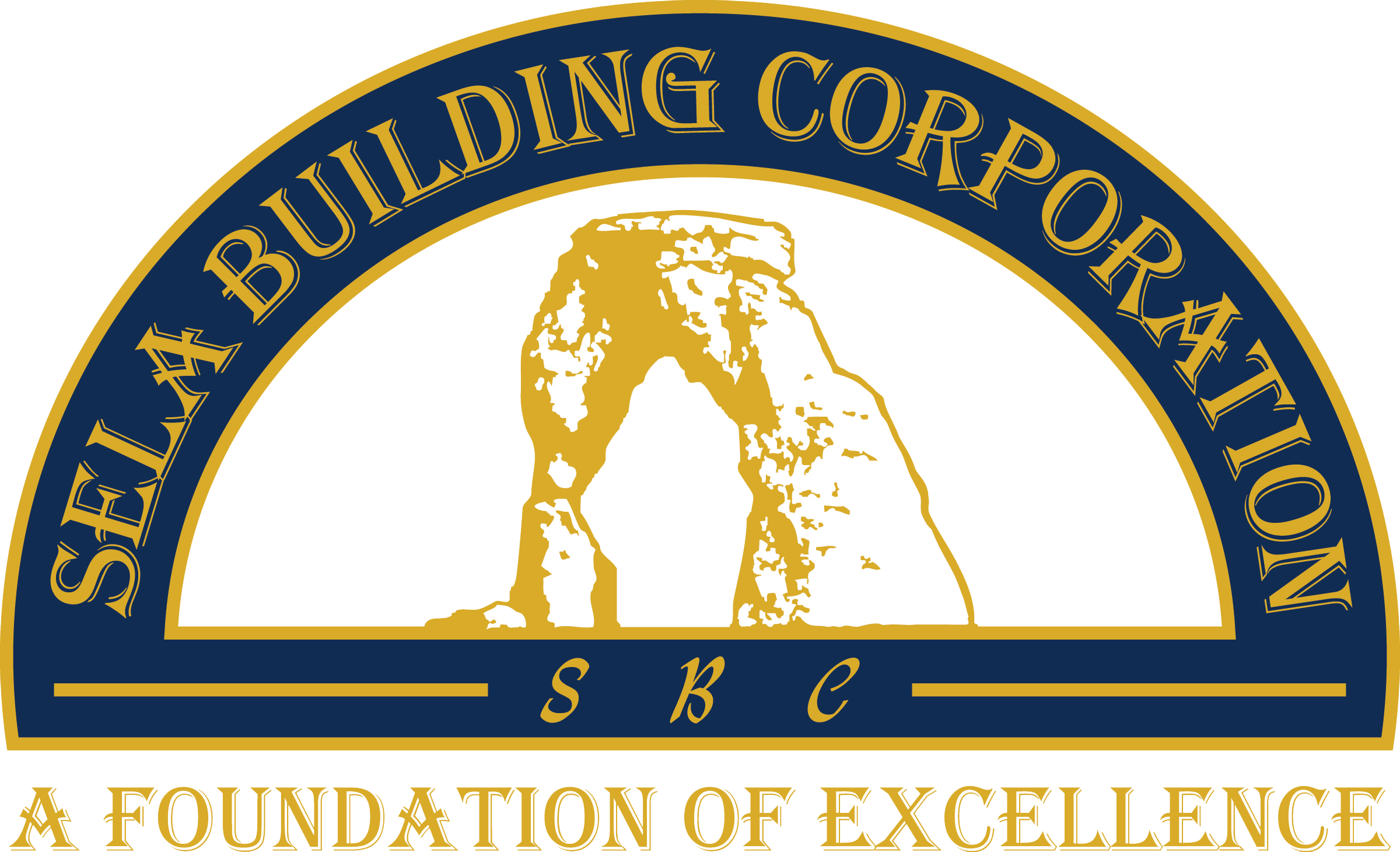Tip #4: The Power of Effective Communication
Tip #4: The Power of Effective Communication Strategies in Commercial Construction Projects.
Communication is the cornerstone of successful commercial construction projects. From the initial planning stages to the final handover, clear and effective communication among all project participants is crucial for ensuring seamless operations, mitigating risks, and delivering high-quality results.
In this blog post, Sela discusses the significance of proper communication in commercial construction, its benefits, and the repercussions of communication failures.
Importance of Effective Communication
Effective communication is vital for project success in the dynamic and complex commercial construction industry, where multiple interested parties are involved. Here are several critical benefits of fostering a culture of clear and open communication among all project participants:
Improved Project Efficiency: Clear communication is vital to ensuring that everyone involved understands their roles, responsibilities, and deadlines, leading to smoother workflows and increased efficiency.
Risk Mitigation: Transparent communication helps identify and address potential issues early on, minimizing the likelihood of costly delays and rework.
Enhanced Quality Control: When communication lines are open, conveying and adhering to quality standards becomes easier, ultimately leading to a superior end product.
Client Satisfaction: Regular and transparent communication, especially with clients, fosters trust, keeps them informed about project progress, and allows for timely adjustments based on their feedback. The ultimate result is higher satisfaction levels.
How to foster effective communications:
To ensure effective communication among all participants of a commercial construction project, Sela developed the following strategies:
Utilize Technology: Leverage project management software, communication tools, and collaborative platforms to facilitate seamless information sharing and real-time updates.
Establish Clear Protocols: Define communication protocols outlining reporting structures, meeting schedules, and escalation procedures to ensure clarity and accountability.
Encourage Feedback: Create an environment where all team members feel empowered to voice their concerns, ideas, and suggestions, fostering a culture of open dialogue and continuous improvement.
Regular Progress Meetings: Conduct regular progress meetings involving all stakeholders to review project status, address challenges, and align on upcoming activities.
SUMMARY:
Clear communication is vital for commercial construction projects to succeed. Construction companies should prioritize transparent communication to improve project management, satisfy clients, and safeguard finances. Effective communication is crucial throughout all project phases. By adopting proactive communication strategies, construction professionals can ensure smoother execution, profitability, and lasting client relationships.
